Do you know what happens to your face when you’re stressed? Read this article to know what stress can do to your face! Stress is a very common condition that everyone goes through from time to time, but it may have major health repercussions if it becomes chronic. Stress can cause an increased risk of depression, a weakened immune system, and a higher risk of cardiovascular disease.

Your body reacts to changes in your mental state; stress, anxiety, and worry can lead to the emergence of new skin problems or the aggravation of existing ones.
What Happens to Your Face When you’re Stressed?
While you may believe that stress is just a mental state, stress may be reflected in unfavorable ways on your hair, skin, and nails. Here we will take a look at some of the terrible things that stress can do to your face.
1. Acne
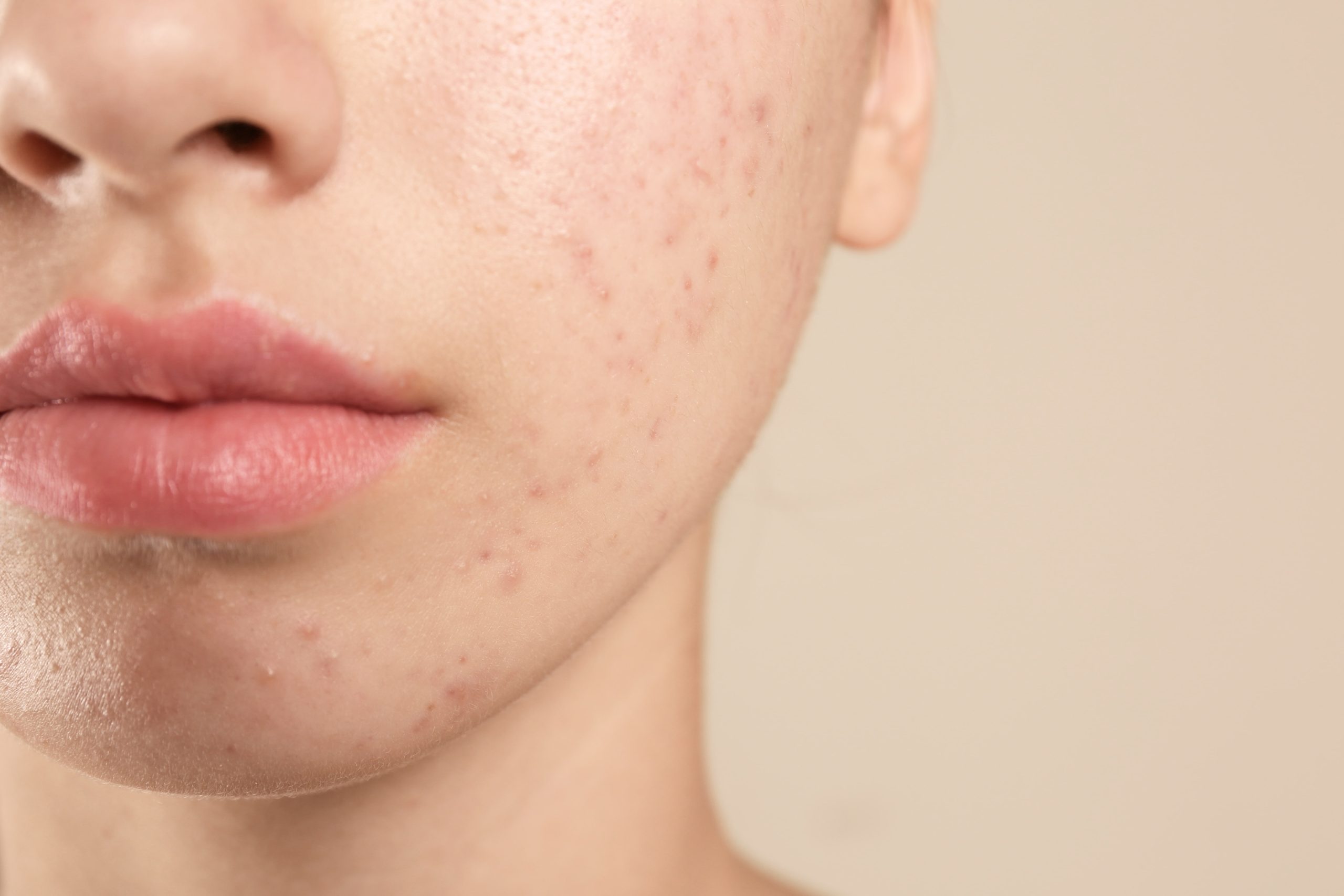
Regardless of whether you have acne, psoriasis, or eczema, stress causes skin conditions to flare up. Stress promotes acne by releasing cortisol, which produces an overproduction of sebum (oil) in your skin glands, resulting in acne outbreaks. The balance of beneficial and harmful bacteria in your stomach can also be disrupted by stress.
Acne might then appear on your skin as a result of this. Though you can’t miraculously change the way your system works, a simple meditation or fitness session might assist lower your cortisol levels.
2. Under-Eye Bags

Swelling or puffiness beneath your eyes grows more prevalent as you become older because the muscles that support your eyes weaken. Eye bags can also be produced by sagging skin due to elasticity loss. Sleep deprivation causes stress, which promotes indications of aging such as fine lines, elasticity loss, and uneven pigmentation.
3. Dry and Flaky Skin
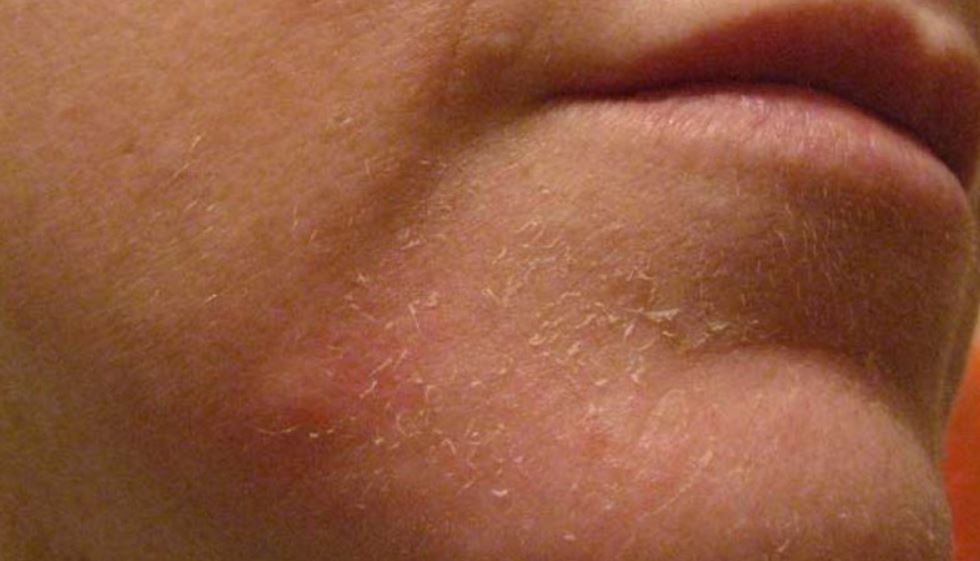
Anxiety levels beyond a certain threshold may drain your skin’s natural moisture stores. Your skin will feel (and appear) flaky if you don’t give your body the moisture it requires. It can reduce hyaluronic acid production, resulting in dryness and dullness, not to mention the fact that stress and worry can aggravate eczema. If you already have sensitive skin, this additional water loss might cause your skin to become more red and chapped over time.
4. Rashes and Redness
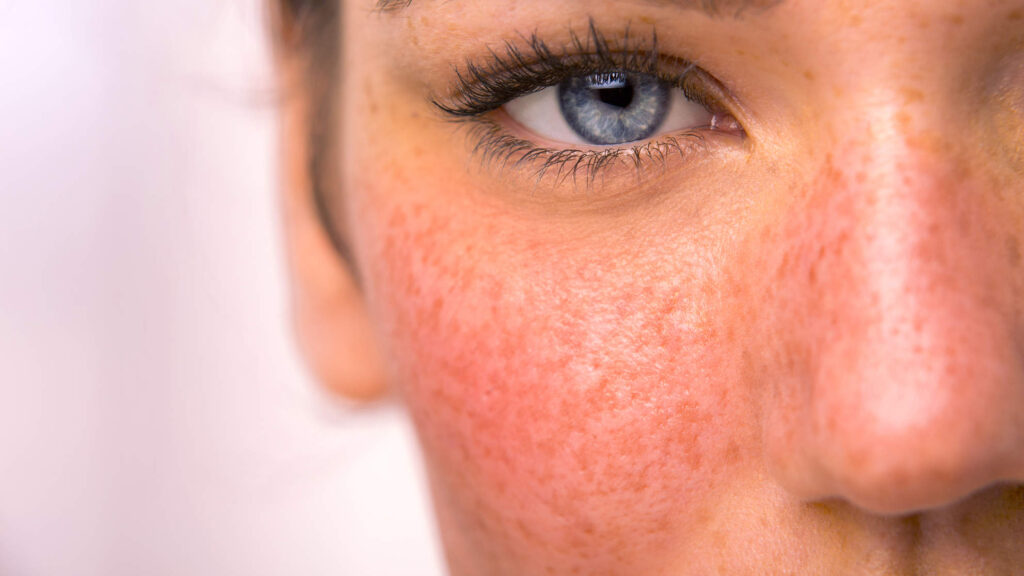
Unknown causes of painful skin rashes appear to be linked to stressful situations. Stress hormones can disrupt the body’s hormone balance, impacting various organs, including the skin. The major symptom is itching. Scratching can cause minor skin problems to worsen. Avoid scratching or touching your face, as much as possible.
5. Wrinkles
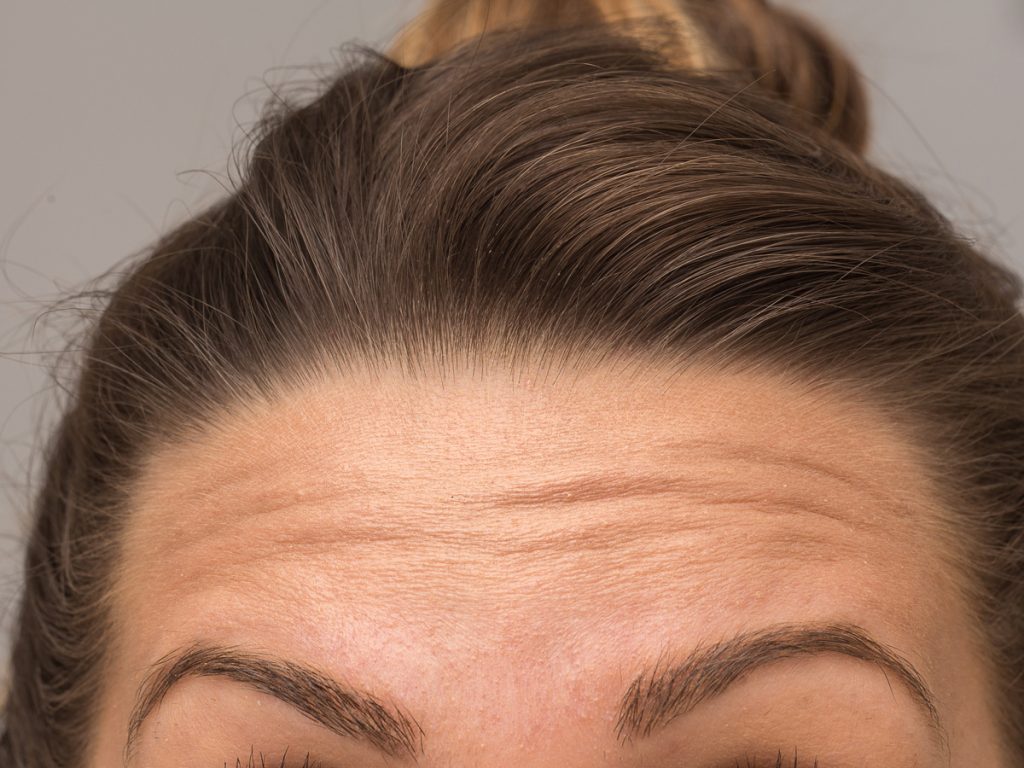
Stress alters the proteins in your skin, causing it to lose elasticity. This elasticity loss might result in the formation of wrinkles. Stress might also cause you to furrow your brow repeatedly, which can add to the appearance of wrinkles. Stressed skin will result in the formation of wrinkles on your face. So, if you want to avoid fine lines and wrinkles, you should learn how to control your stress so that it does not harm your skin.
Some other Ways Stress Can Affect You
- One of the long-term effects of stress is a continuous lack of sleep. Stressful thoughts might keep you awake at night or cause your body to become too tight to relax, resulting in insufficient sleep.
- One of the most prevalent physical side effects of stress is having low energy and feeling exhausted all the time. It has the potential to entirely dominate your thoughts and cause extreme anxiety.
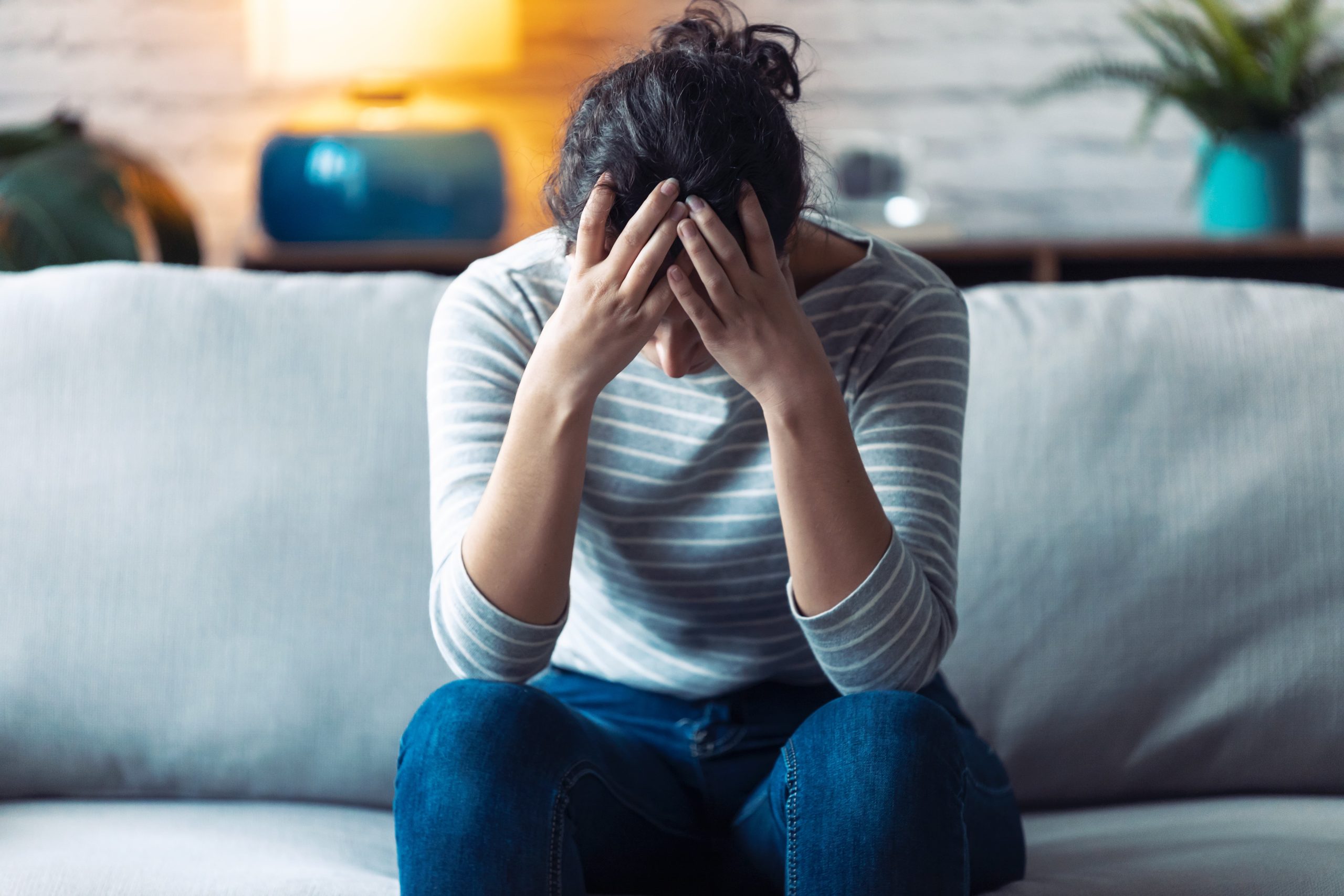
In case, you are a victim of excessive stress you should immediately go to your doctor. A therapist can assist you in coping with the impacts of stress in your life and identifying methods to reduce stress triggers when possible. They can help you find answers to old issues, view circumstances in a new light, or process your emotions. In other circumstances, this may include resolving underlying worries and phobias related to prior trauma.
How you Can Reduce Stress?
- Begin by doing some deep breathing, meditation, or progressive muscle relaxation.
- Practice grounding and self-soothing techniques for dealing with overwhelming emotions.
- Whatever the music, singing out the lyrics to a favorite song may make everything feel better. If you’re in a public setting, simply listening to music might help you get out of a negative mood. Classical music may be extremely soothing just before going to bed.
- When something is truly upsetting you, it might be beneficial to discuss your concerns with a friend. More chatty people are often happier. So go ahead and vent to a friend, family member, or anyone close to you.
Conclusion
Everyone has stress, after all, you can’t ignore your work, bills, or life, but what you can do is make some lifestyle changes. This involves eating well, exercising frequently, getting enough sleep, and generally looking after oneself. We hope you found this article informative. Let us know your thoughts in the comment section!



